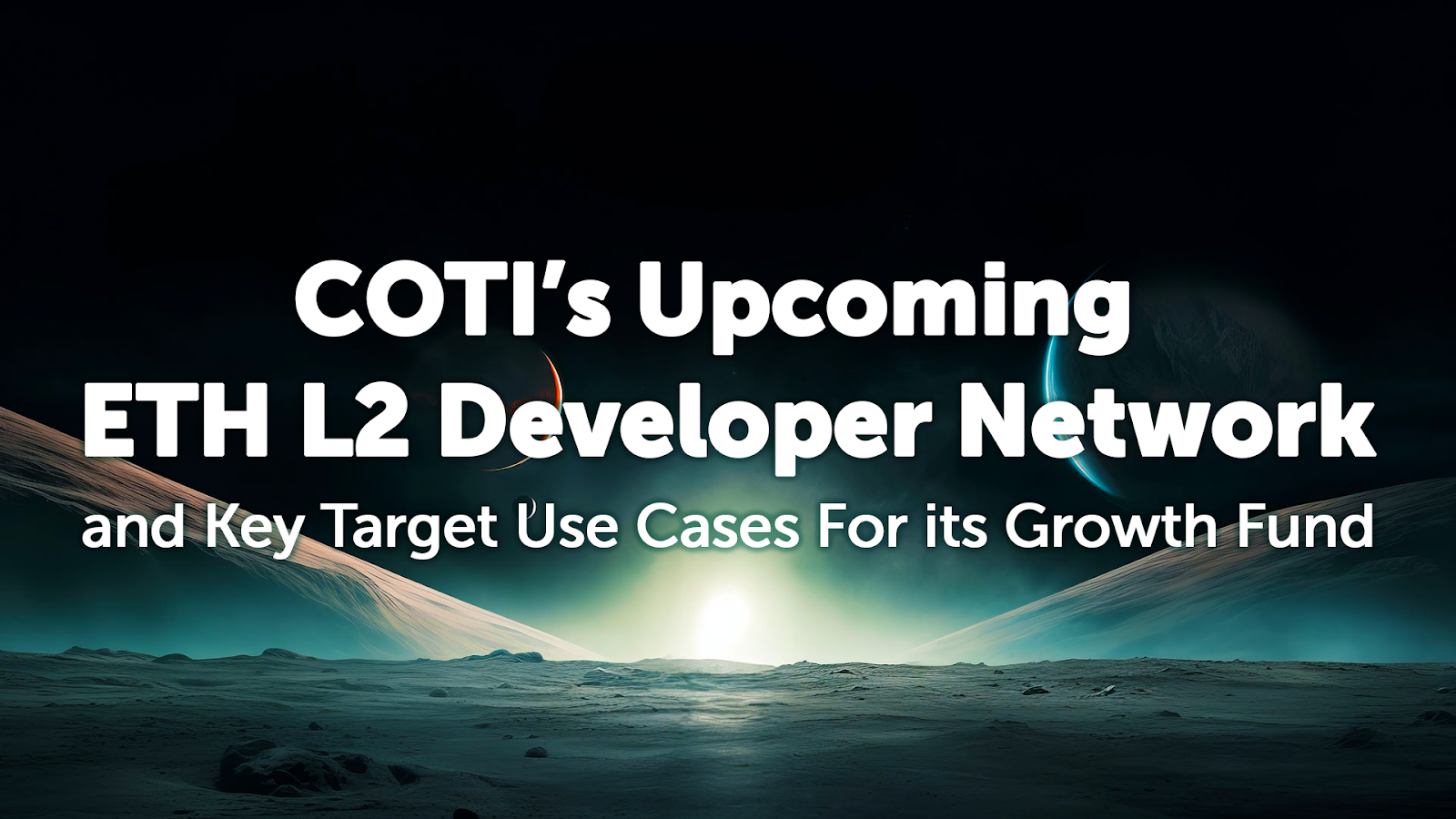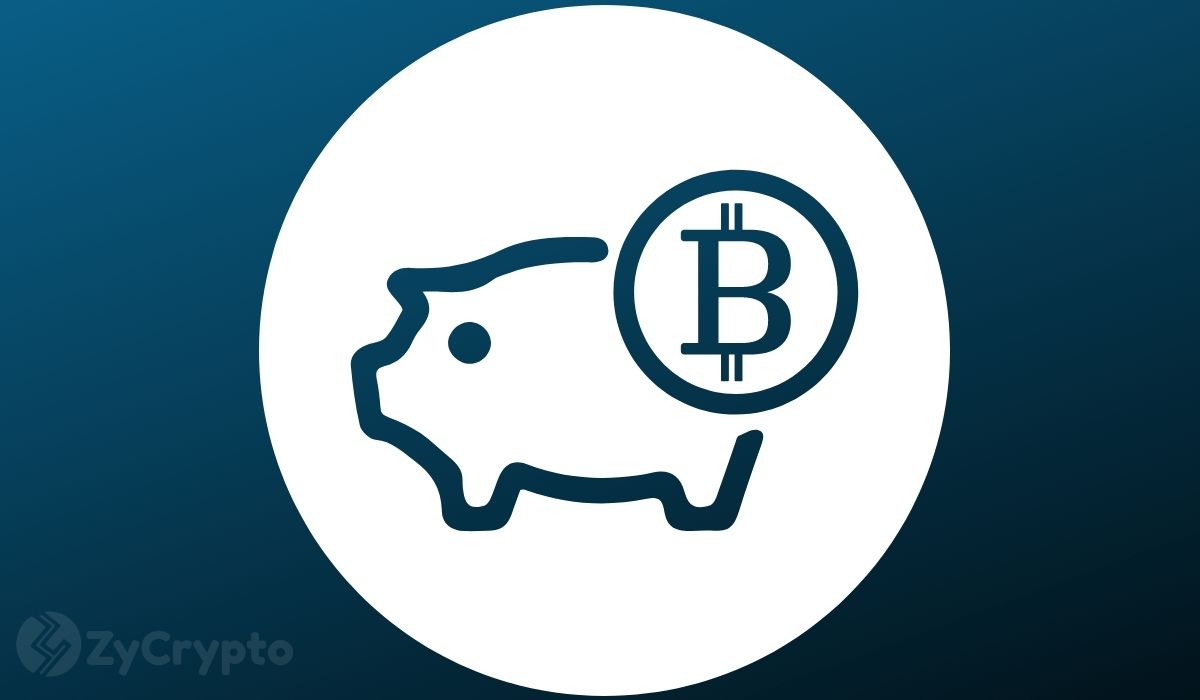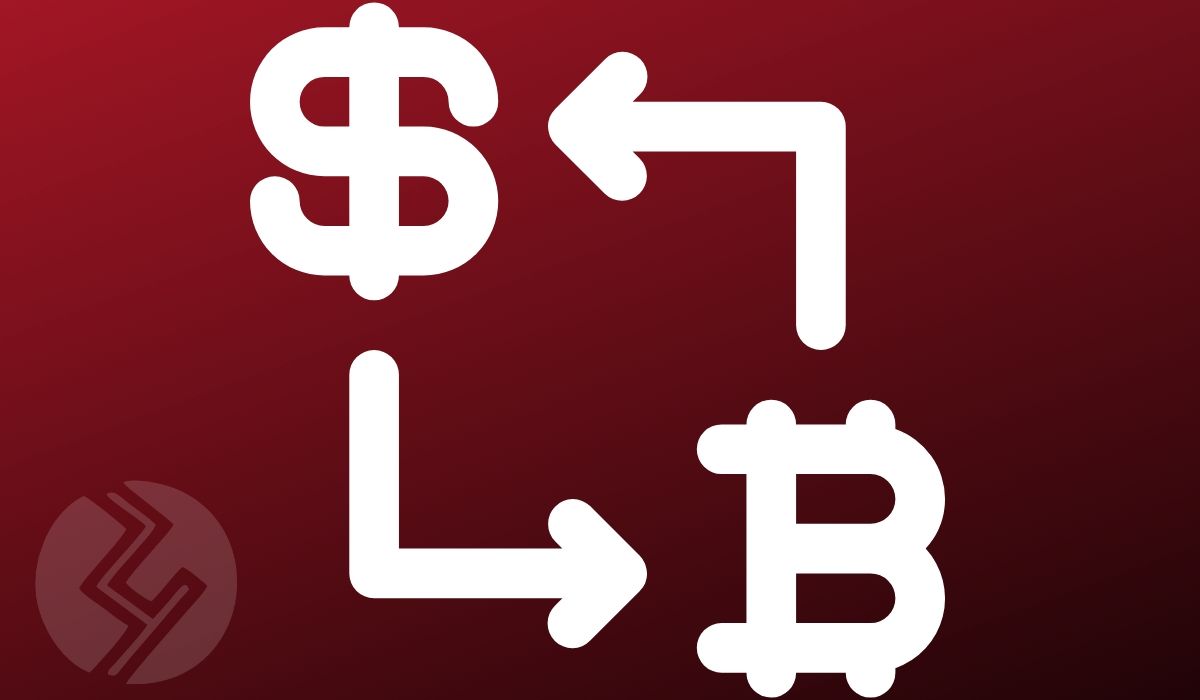ARTICLE AD BOX

Leading Web3 development organizations COTI and COTI Foundation today revealed the primary use cases that will be the focus of this round of the $100 million COTI Development Fund, which will be distributed in COTI tokens. All developers are welcome to participate in the selection process, which will motivate them to investigate and create data-secure applications that would not be feasible without the usage of multi-party computation (MPC). The COTI V2 ecosystem, the first to successfully demonstrate on-chain garbled circuits, will provide Ethereum with transactional confidentiality in a solution that is up to 1000x quicker and 250X lighter than other privacy-preserving options now available on the market.
New use cases for Web3 applications and Web2 businesses alike are made possible by the ability to safeguard data while utilizing it for computation and verification, particularly at this scale. In addition to development grants to support the most important development areas, the COTI Foundation will also be leveraging the growth of its ecosystem via an rewards program.
Garbled circuits, the technology behind the COTI privacy-centric architecture, are a kind of Multi-Party Computation (MPC) that enables collaboration between parties to carry out a calculation using private data from each participant.
But the process encrypts this confidential data all along, so the computation may finish without ever revealing the information to other parties. This technology offers unparalleled anonymity and facilitates trustless transactions with partners worldwide, opening up use cases never previously feasible on Web3.
For the most part, Web2 apps default to protecting sensitive data, but Web3’s public ledger design makes this considerably more challenging. Data may be verified and computed using garbled circuits, all the while maintaining encryption.
COTI Founder and CEO Shahaf Bar-Geffen said:
“Since the announcement of the COTI V2 in December, we have seen huge interest in the space about the potential that Privacy-Centric innovation offers to Web3. Having recently achieved our first milestone of integrating GC into the blockchain for the first time, we are pleased to present a clear vision and an open call to all blockchain builders and thinkers to join the COTI ecosystem, starting with our upcoming Devnet.”
With the release of the COTI V2 Devnet, developers will have the opportunity to test the technology, add privacy to already-existing apps, and come up with whole new use cases. Teams working on development projects are invited to submit ideas, and the most creative and promising ones will get funding to help hasten their successful execution.
The COTI V2 ecosystem expands the use cases in many domains, enhancing current offerings while launching new ones.
DeFi has changed the way the industry thinks about finance and its applications. On-chain openness has, however, also resulted in an uneasy privacy tradeoff. While still enabling decentralized apps to offer new services and products, COTI V2 has the potential to bring the next billion TVL to Defi through confidential transactions. It also significantly improves the security and privacy of the services that decentralized apps currently offer (all while maintaining regulatory requirements like KYC).
The privacy aspects of the platform also aid in defending against Losses from MEV, one of the most persistent “exploits” in Ethereum DeFi. MEV bots and fraudsters cannot frontrun transactions and make money at the cost of others while DeFi transactions are encrypted. A fully native MEV protection mechanism is included in COTI V2.
Dynamic Decentralized Identification and private transactions provide Web3 and already-existing Web2 systems additional opportunities. The essential steps of authenticating an identity or crucial parts of a transaction significantly limit what may be done between companies without corrupted circuits or some other kind of sophisticated MPC, unless privacy is jeopardized. Conventional banking uses encryption to facilitate worldwide interactions, but this means that all parties involved ultimately have access to this private data.
All identity verification and personal data may be communicated, computed, and saved using COTI V2, while the actual data is kept private from third parties. The user doesn’t have to provide their personal information and is able to completely comply with KYC regulations while storing their own data.
Simultaneously, dApps will have the capability to engage with digital identities and ask them particular questions (such as: Is the user a citizen of the EU? Is the user older than eighteen? No particular, confidential information is exchanged between the parties throughout any of this.
The end result is a plethora of Web2 and Web3 apps that provide trustless settings in which participants may engage internationally in a completely controlled setting without jeopardizing their confidential data. Global services will benefit from the opening of whole new sub-industries.
Data brokers and advertising apps are benefiting from the increased role that data management plays in everyday life, but consumers may suffer if data is not safeguarded. With COTI V2, it is now possible to store encrypted data on-chain and enable private data queries from third parties.
This may be useful for sensitive data analysis without jeopardizing patient privacy, such as in medical records. Data may now be securely exchanged between sites that might otherwise scrape and sell the data thanks to the COTI V2 model. Although ChatGPT and other large language models (LLMs) employ a lot of user data to provide their consumers additional services and expertise, they may also infringe user privacy and corporate intellectual property. These models might, however, do so in a manner that respects the privacy of the people whose data they utilize thanks to COTI V2. The need for improvements using the garbled circuits of the COTI V2 will grow as more lawsuits are brought against LLMs.
.png)
 9 months ago
3
9 months ago
3








 English (US)
English (US)